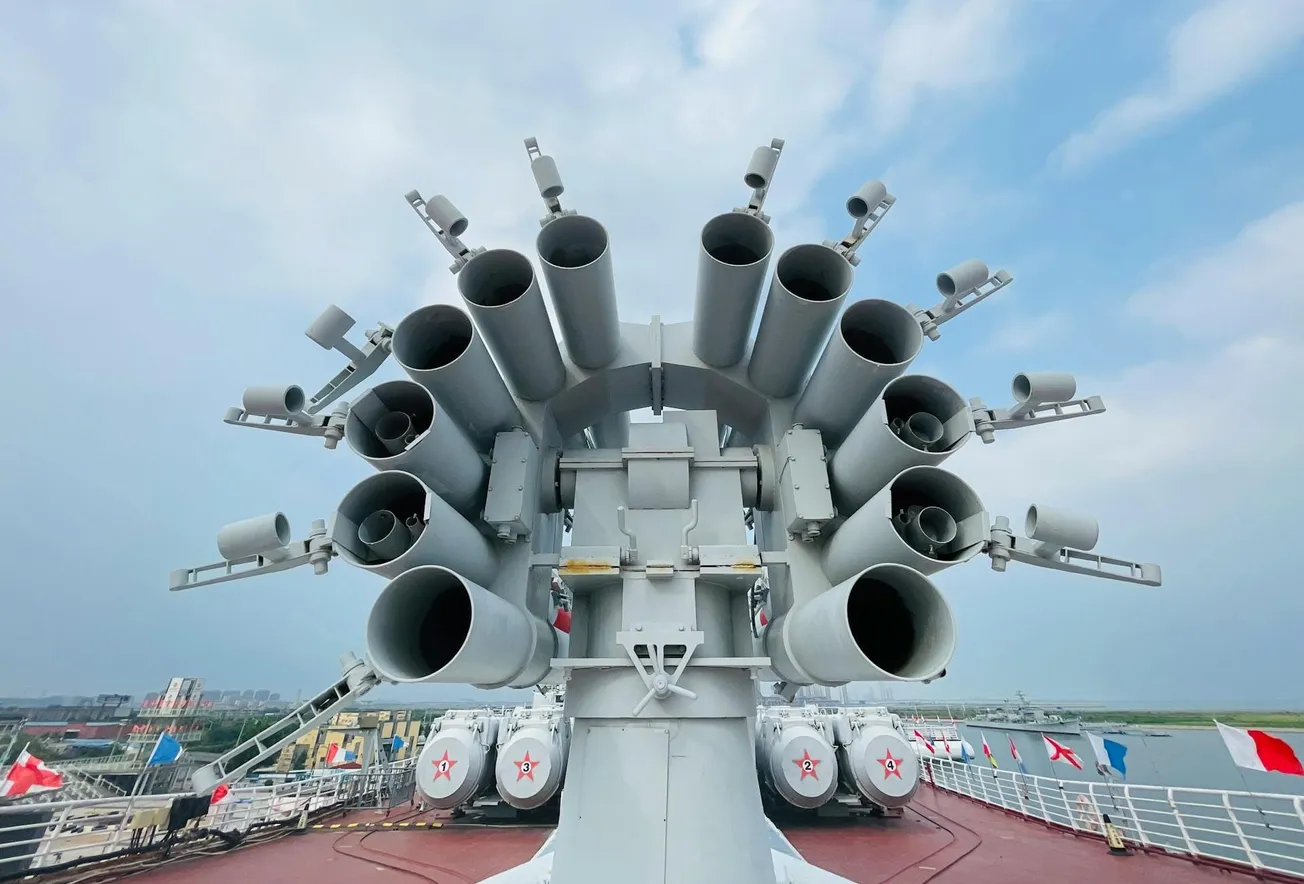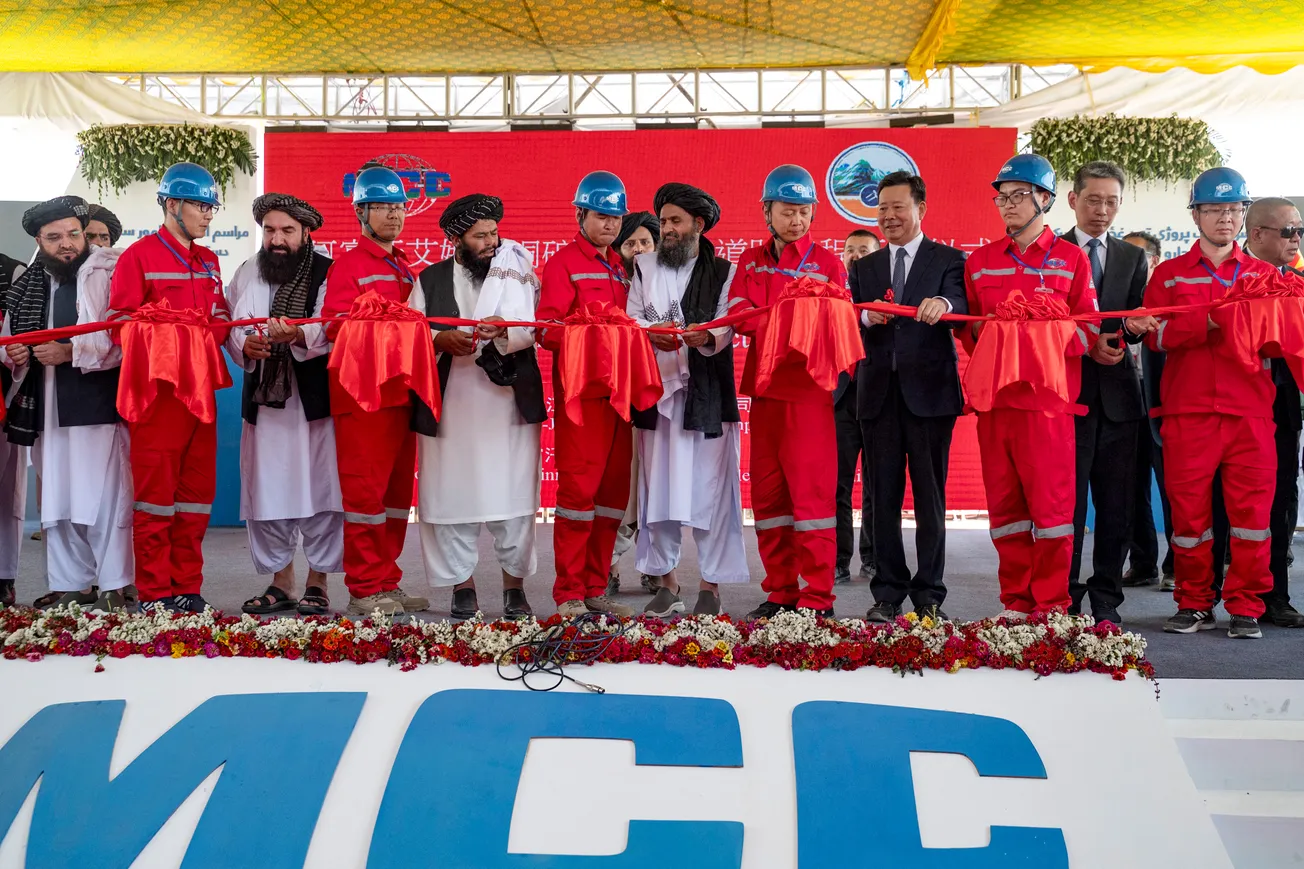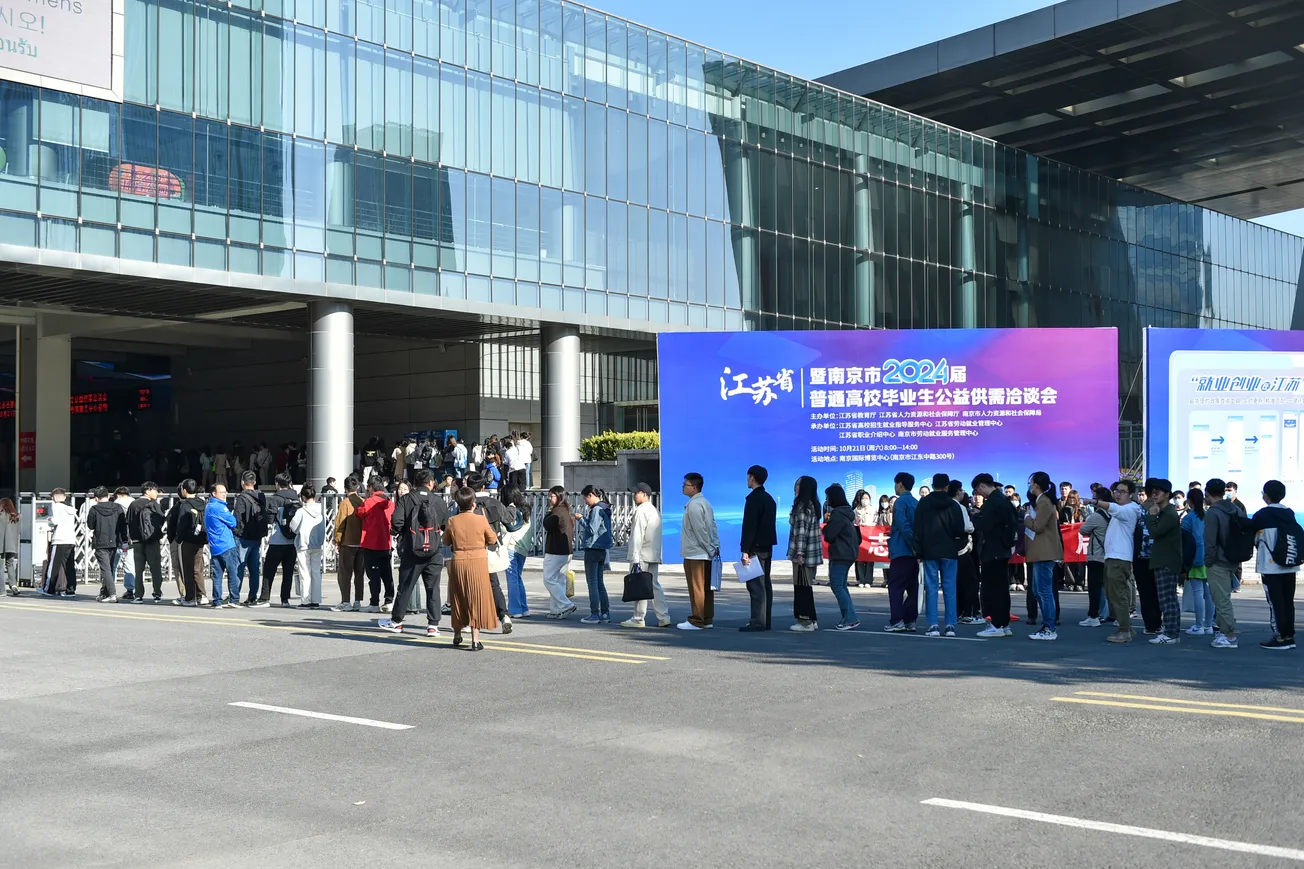By Micaela Burrow for Daily Caller News Foundation
Congress and defense experts warned that reliance on China, including for critical mineral processing, is undermining defense companies’ ability to produce the weapons the Pentagon asks for at a hearing on Wednesday.
The defense industrial base — firms that make weapons and equipment for the U.S. Department of Defense (DOD) — have struggled to overcome deepening supply chain setbacks that grew more severe during the COVID-19 pandemic. At the same time, China is not only rapidly modernizing its own military but dominating critical supply chains the U.S. weapons industry depends on to meet the Pentagon’s demands, lawmakers and industry representatives said Wednesday.
“Today, there is a mismatch between what our national strategies aim to achieve and how our defense industrial base is postured,” David Norquist, president of the National Defense Industrial Association, said in his opening statement. “Key industrial readiness indicators for great power competition are going in the wrong direction.”
A recent report showed that the U.S. was almost completely reliant on China for antimony, used in a variety of military applications including night vision goggles, armor-piercing bullets, explosives and nuclear weapons. The committee moved to investigate U.S. antimony supplies and require a five-year risk outlook for other critical minerals.
“We found ourselves where we were relying on China for those minerals over many years, giving up our capacity and our ability to do that,” Eric Fanning, president of the Aerospace Industries Association, told the committee, referring to reshoring critical mineral production and processing capabilities.
Committee Chairman Republican Rep. Mike Rogers of Alabama asked the witnesses to provide recommendations on what Congress can do in the fiscal year 2024 National Defense Authorization Act to build processing capacity on U.S. soil.
“It is completely unacceptable that we are so heavily reliant on China for those minerals as well as their processing,” Rogers said.
China is the world’s largest exporter of so-called “rare earth minerals,” like lithium and polysilicon, that form the backbone of key technologies, according to a 2021 International Atomic Energy Agency report.
Fanning said the largest defense companies have communicated with the Pentagon to share supply chain concerns in relation to China.
Most of the critical minerals needed to support the defense industrial base exist in the U.S., he added.
“The problem is us. We’re schizophrenic,” said Republican Florida Rep. Carlos Gimenez. Armed Services members pressure companies to access those minerals domestically while Congress orders other federal government entities, such as the Environmental Protection Agency, to sequester public lands, he added.
China is “undercutting out industrial capacity” to undermine U.S. production abilities in time of conflict, said Gimenez.
Fanning acknowledged the need to disrupt China’s market dominance in critical minerals but cited concerns over expense and the environmental impact of processing.
In addition, China has exported its rare earths processing industry to other countries, often in a way that fuels environmental damage and worker abuse.
“There isn’t necessarily a market for that capability to grow organically,” Fanning said. The government needs to develop a “sense of urgency” and invest taxpayer funds in domestic mineral production and processing, he added.
Original article link









